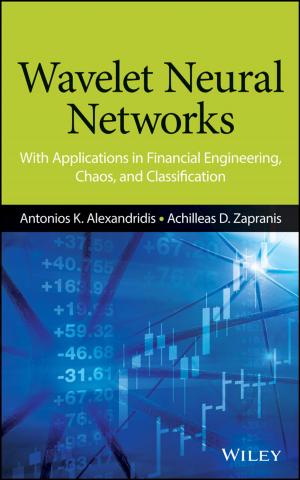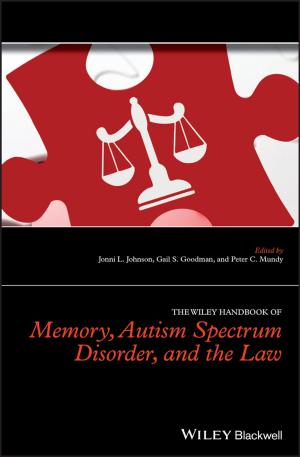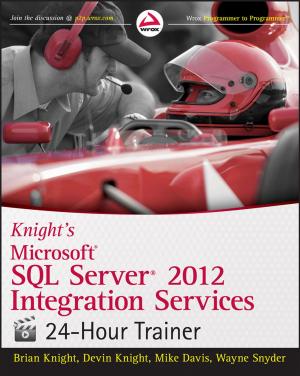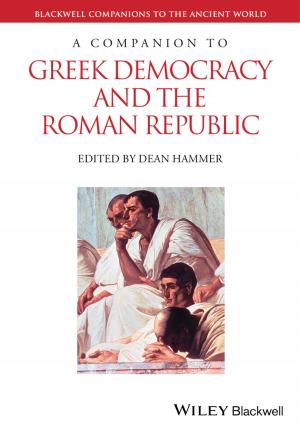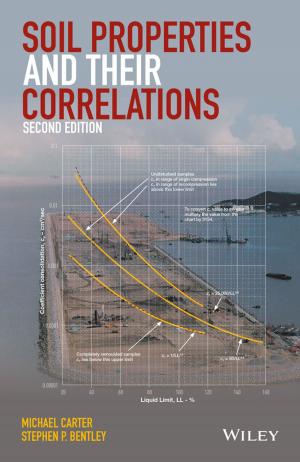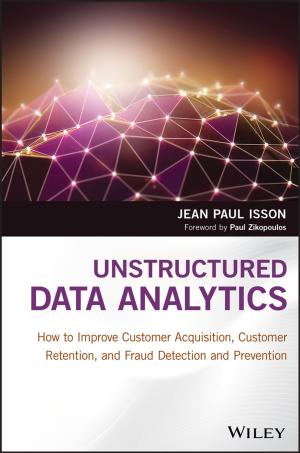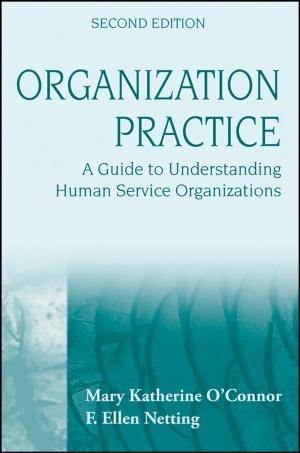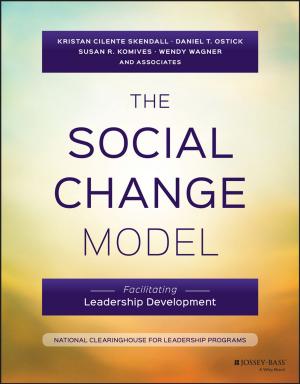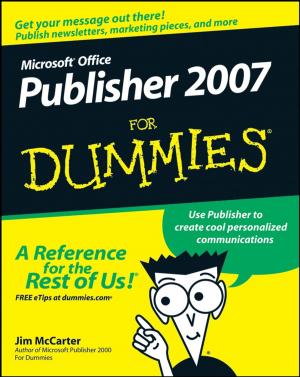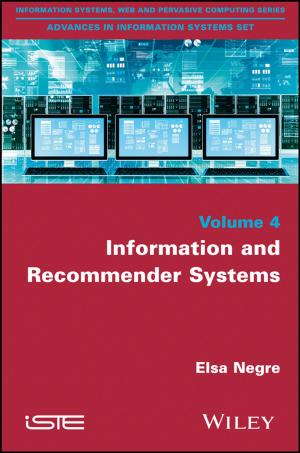| Author: | Scott Rettberg | ISBN: | 9781509516810 |
| Publisher: | Wiley | Publication: | December 14, 2018 |
| Imprint: | Polity | Language: | English |
| Author: | Scott Rettberg |
| ISBN: | 9781509516810 |
| Publisher: | Wiley |
| Publication: | December 14, 2018 |
| Imprint: | Polity |
| Language: | English |
Electronic Literature considers new forms and genres of writing that exploit the capabilities of computers and networks – literature that would not be possible without the contemporary digital context.
In this book, Rettberg places the most significant genres of electronic literature in historical, technological, and cultural contexts. These include combinatory poetics, hypertext fiction, interactive fiction (and other game-based digital literary work), kinetic and interactive poetry, and networked writing based on our collective experience of the Internet. He argues that electronic literature demands to be read both through the lens of experimental literary practices dating back to the early twentieth century and through the specificities of the technology and software used to produce the work.
Considering electronic literature as a subject in totality, this book provides a vital introduction to a dynamic field that both reacts to avant-garde literary and art traditions and generates new forms of narrative and poetic work particular to the twenty-first century. It is essential reading for students and researchers in disciplines including literary studies, media and communications, art, and creative writing.
Electronic Literature considers new forms and genres of writing that exploit the capabilities of computers and networks – literature that would not be possible without the contemporary digital context.
In this book, Rettberg places the most significant genres of electronic literature in historical, technological, and cultural contexts. These include combinatory poetics, hypertext fiction, interactive fiction (and other game-based digital literary work), kinetic and interactive poetry, and networked writing based on our collective experience of the Internet. He argues that electronic literature demands to be read both through the lens of experimental literary practices dating back to the early twentieth century and through the specificities of the technology and software used to produce the work.
Considering electronic literature as a subject in totality, this book provides a vital introduction to a dynamic field that both reacts to avant-garde literary and art traditions and generates new forms of narrative and poetic work particular to the twenty-first century. It is essential reading for students and researchers in disciplines including literary studies, media and communications, art, and creative writing.

